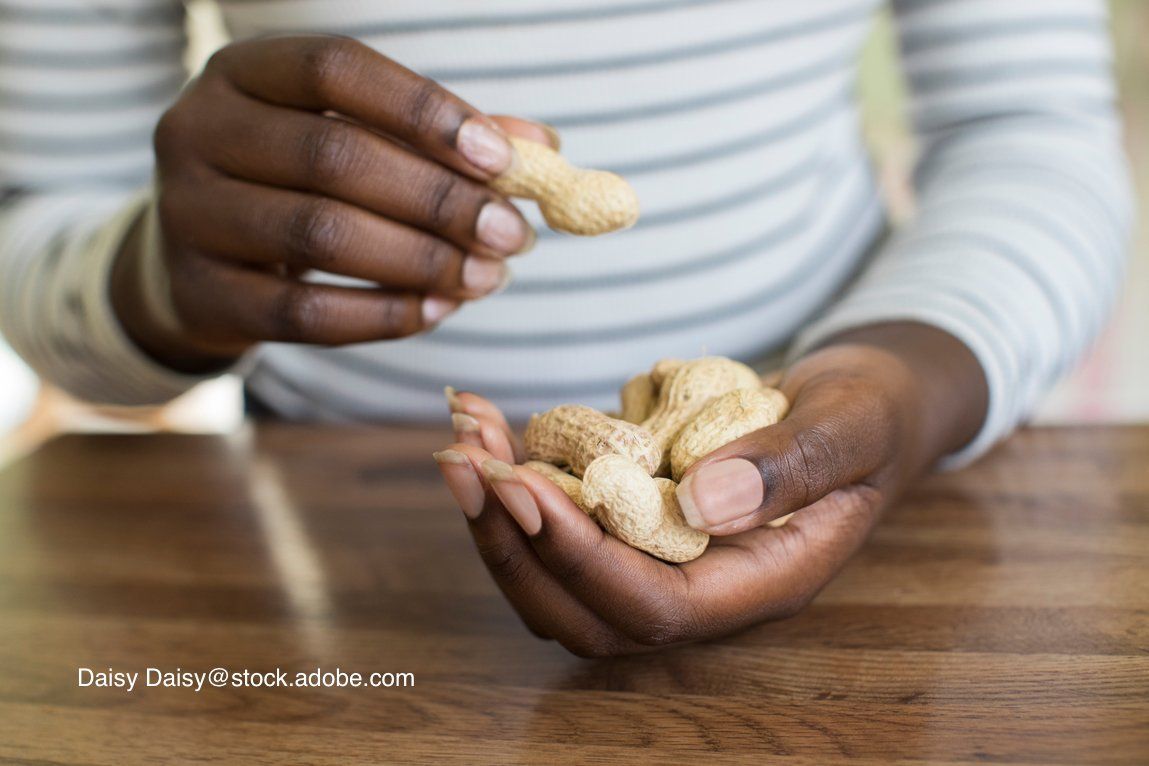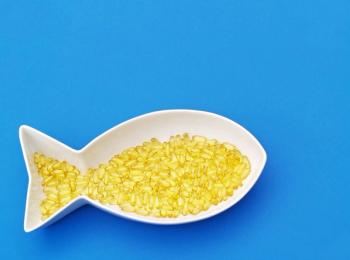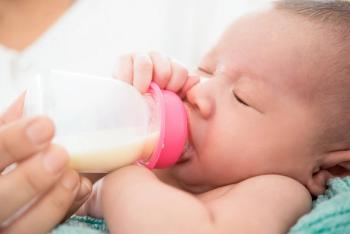
Nutrition
Latest News

CME Content


An evaluation of national and state-level trends in obesity prevalence among 2- to 4-year-old participants in the US Special Supplemental Nutrition Program for Women, Infants, and Children (WIC) found that the changes in the 2009 WIC food packages to better align with dietary guidelines are associated with a decline in the risk of obesity among these children.




Among the most common questions parents and caregivers ask pediatricians when gastro issues arise may be about the use of probiotics. Are you a probiotic pro or a probiotic novice?


Recent weight loss trends, not weight at admission, are a greater indicator of complications from eating disorders, according to a recent study.

Although fish oil supplements did not improve asthma exacerbations in children who are obese or overweight, the question remains whether fish oil could help other types of children with asthma.

Patients with cystic fibrosis (CF) are deficient in vitamin D, which at higher levels can help prevent exacerbation. A new study examines current guidelines and future recommendations.

Children who are fed milk cereals daily in infancy are more likely to be overweight or obese later in childhood, according to a new report.

Of 973 preschool-aged children with acute gastroenteritis who visited 1 of 10 geographically diverse pediatric emergency departments (EDs), those who received a 5-day course of Lactobacillus rhamnosus GG, a commonly recommended and used probiotic, did not have better outcomes than those who received placebo, a prospective, randomized trial found.


Teenagers look to those around them to form their diet patterns, and for low-income African American teenagers in particular, parental involvement and monitoring is key to making good choices.

A new study reveals that children are developing eating disorders at younger ages, and that there is little difference in gender distribution.

Baby-led introduction of complementary foods is a practice gaining in popularity among families with infants ready for the change from breast milk or formula to table foods, but it must be done in a developmentally appropriate way.

A longitudinal study begun when participants were aged 15 years showed that body mass index (BMI) tends to increase more rapidly over time in individuals who experience food insecurity in their early teenaged years than in those who don’t.

Cutting back on sugar is a good first step to preventing childhood obesity, but a new study cautions parents and providers to think twice about sugar substitutes.

A new study reveals that whereas physical activity can help prevent and combat childhood obesity, eating breakfast every day may have a more significant impact.

To help student athletes perform at their best, emphasize balanced nutrition and conditioning, discourage supplements and stimulants.

A recent study of the Special Supplemental Nutrition Program for Women, Infants, and Children (WIC) finds more action is needed to ensure healthy nutrition for all low-income children.

Many parents struggle with picky eaters, and it is a common complaint among parents who use federal supplemental nutrition programs, too. Recent research highlights how pediatricians can help.

By the time most of us become parents, we have been pediatricians for a while and do not find parenting all that scary. To get the right dose of empathy, think back to when we first started handling babies-in medical school. Here are some things I tell new parents.

For teenagers’ developing minds and bodies, good food and activity choices are key to appropriate development. A new survey from the Centers for Disease Control and Prevention reveals trends that check how US teenagers are doing.









